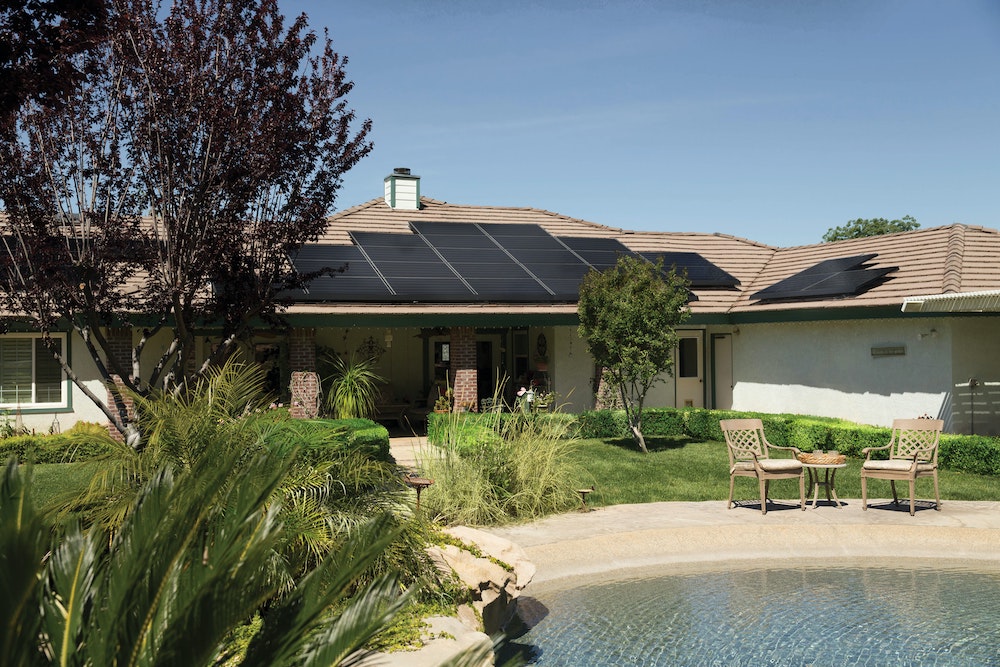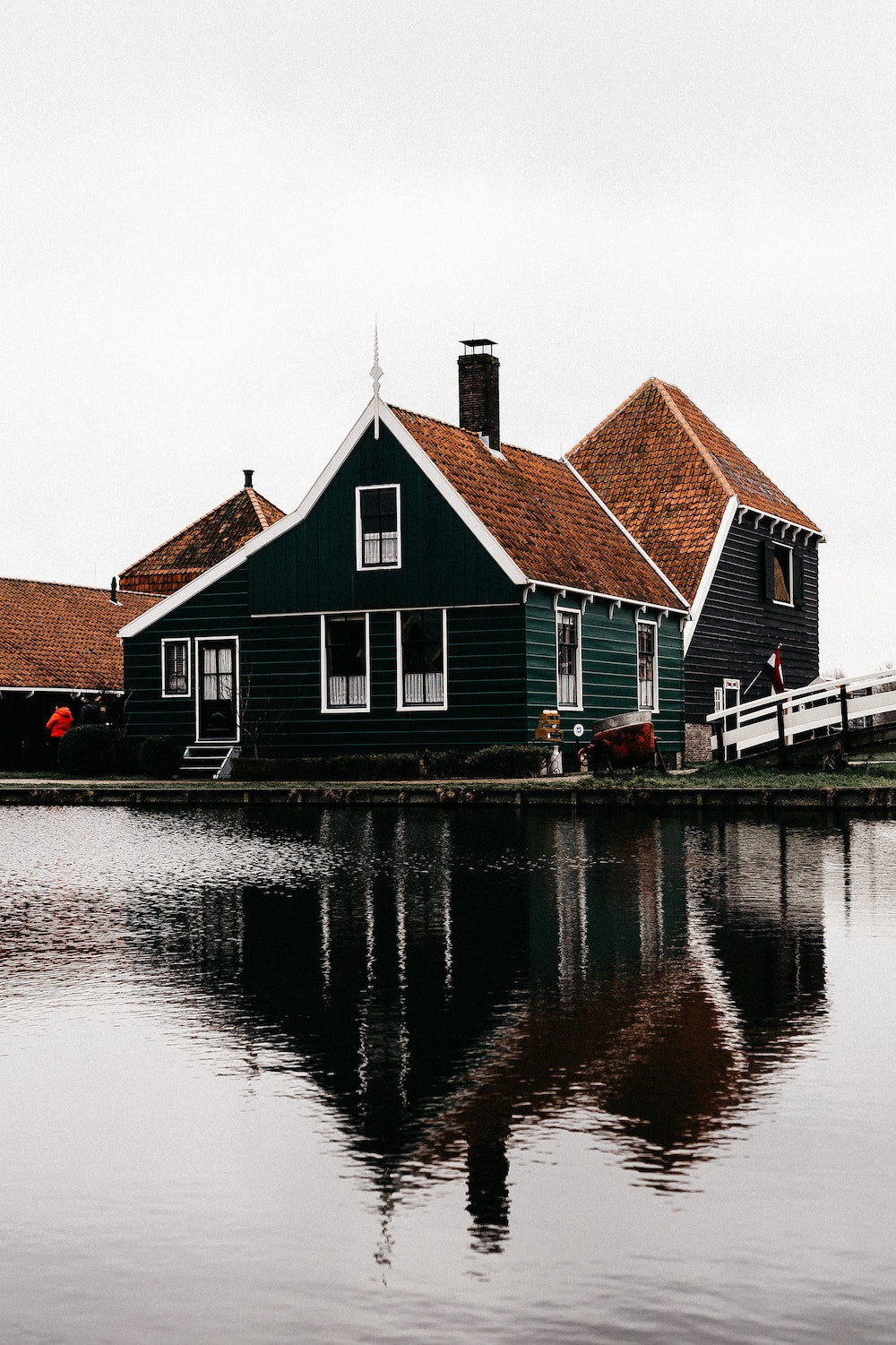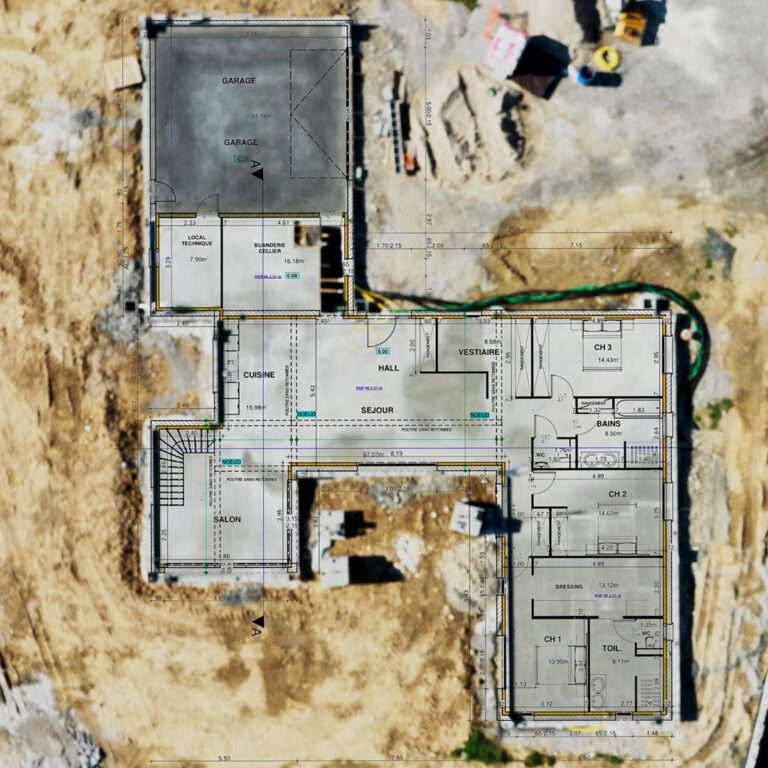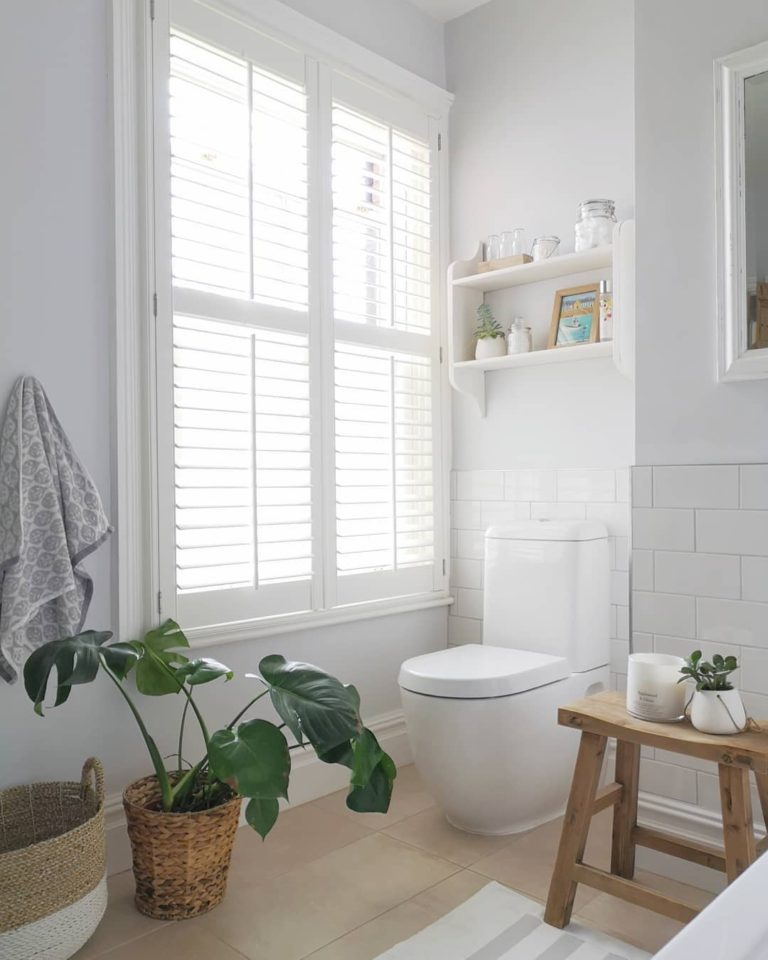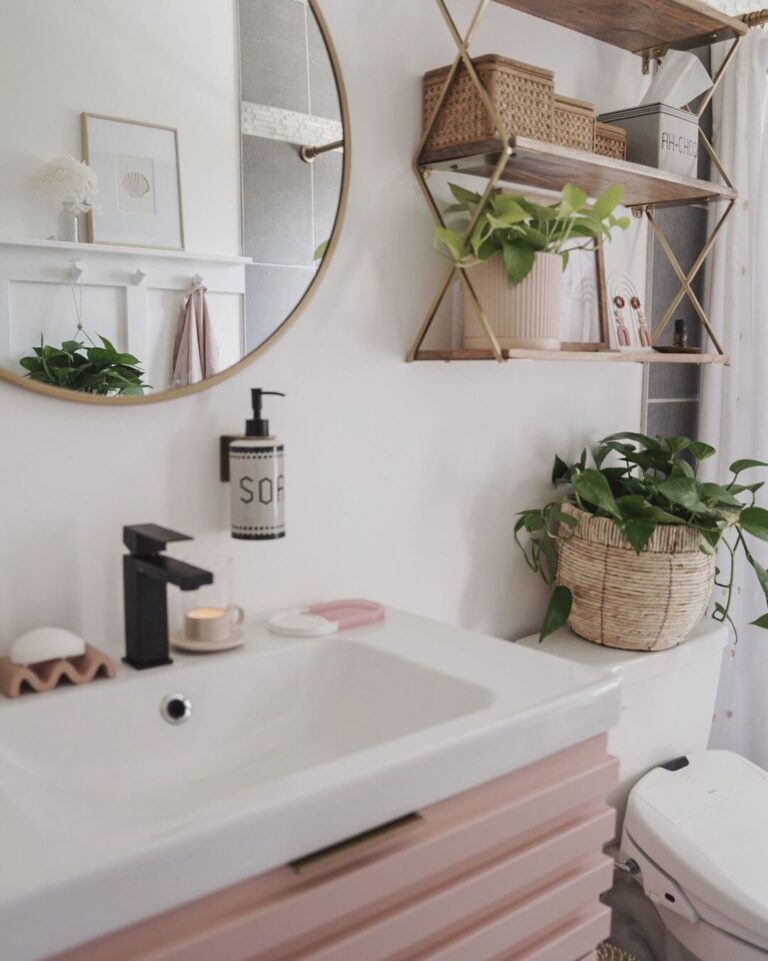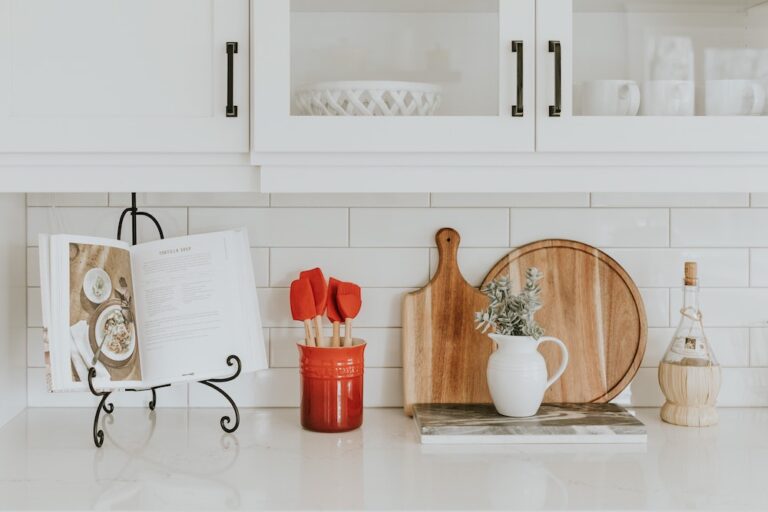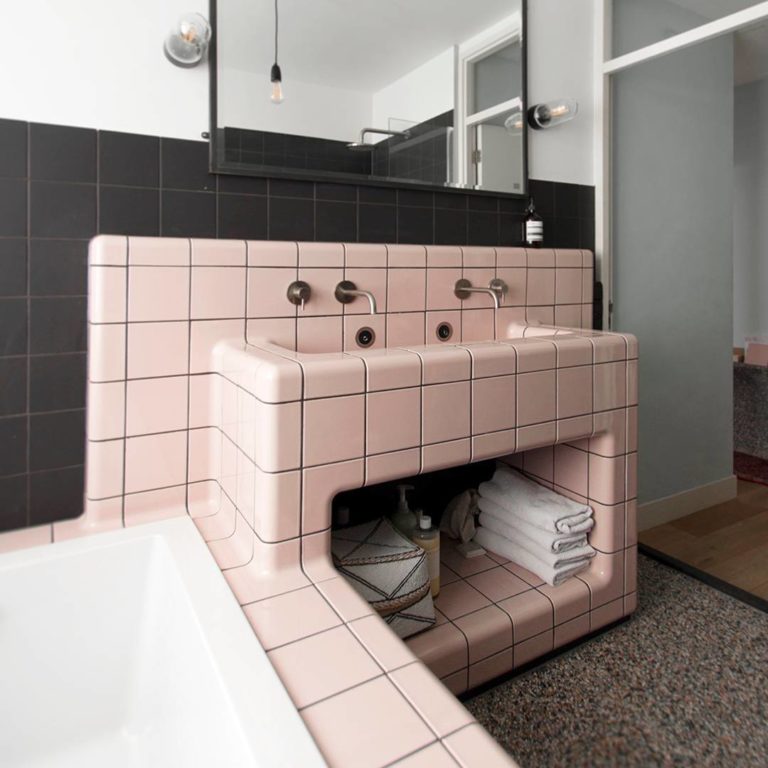How You Can Prepare Your Home For Natural Disasters
Natural disasters can be so devastating not only for your home but for yourself too, with your home being such a big investment you need to prepare for it and make it as safe as possible. This will give it the best chance of surviving a natural disaster and also give you a chance of coming away unharmed as well. Preparing for natural disasters is not easy and is also not something people will think about, but being prepared could be the difference between keeping your home and losing and even escaping unharmed yourself. It obviously depends on where you are living on what sort of disaster you need to prepare for so this guide will cover most of them so some may not be of interest to you where you live but some will.
If the area you live in is prone to natural disasters of some kind and you are unsure how you can prepare for them and make your home safer and more likely to survive, then these tips should help you to understand what you can do to better prepare yourself and your home to make sure should a natural disaster hit that you are as protected as possible.
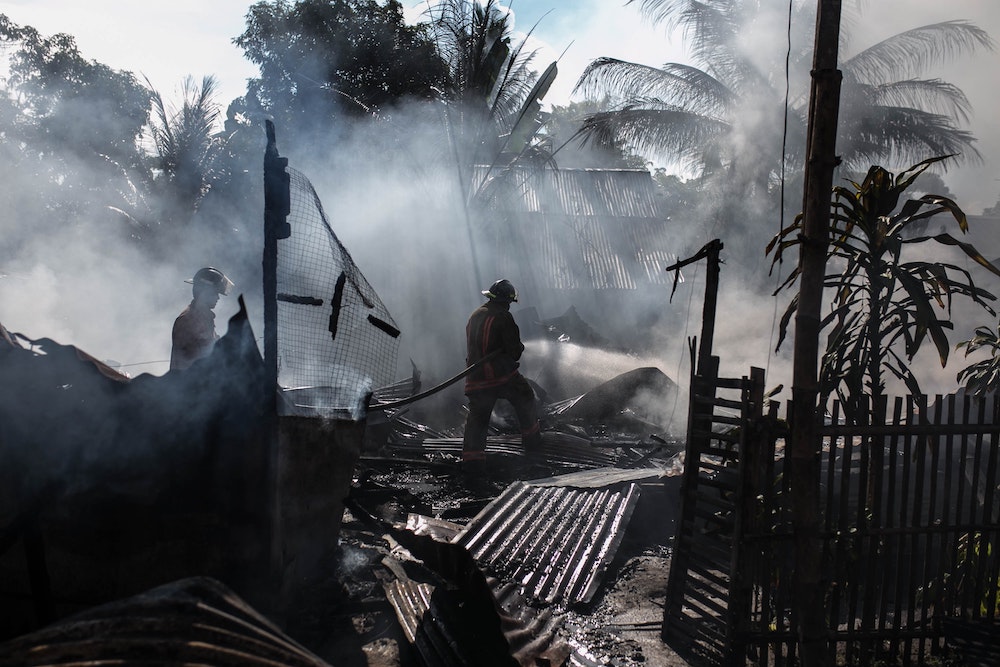
Set up an emergency kit
Setting up a basic storm kit will allow you to have essentials together you may need for a few days should things go bad during a storm. If you are without electric and basic services for forty eight hours then you can have this kit to fall back on, put together things like whistles, garbage bags, blankets, water supply, enough food and batteries. This will give you the essentials you need to survive for a bit should you need to. You should also set up a kit for your car so if you are stuck out in your car or on the road you have the things you need to get by, this can also help should you get stranded or stuck during a normal day too.
Invest in backup generators or solar power
A great back up for you should the power go out, is to have backup generators. This allows you to carry on using power if the power goes out, so instead of wandering around with torches you can still power your house. Another option is solar power, because you are not part of the grid you will be generating your own power, if you get more power than you use you can then store that power in batteries. So if you cannot get power because there is a storm and you are not harvesting enough energy then you have a backup source with the batteries and can continue as normal. If you go for generators then bear in mind you will need to stock up on gas as a 5,500 watt generator will only run for eight hours on five gallons of gas, so make sure you have spare incase you need to rely on it for longer.
Start to move things
With hurricanes and tornadoes, outdoor furniture, toys and tools are very dangerous to you and the public. If you have enough warning and time to move this stuff and get it tied down or moved into a safe place then this is going to greatly minimise the risk of some of those things causing damage to the house or even worse a person.
Have plans in place
You need to make sure you have set plans for you and your family to follow should there be an emergency. Having a plan is so important to make sure everyone gets out safely and no one ends up getting hurt due to panic and not knowing. Have evacuation plans on where you can meet out of the house should you need to and have plans on what you will do if you are split up or anything like that. You can also have a plan should you need to remain indoors so that you know what you will do, whether each person will have something they are responsible for and making sure things go as smoothly as possible to reduce risks. In your plans also make sure you have knowledge of where the gas and water suit off valves are located, it can be a good idea to get these switched off should you be worried that the house is in danger and also if you are evacuating turn everything off including electricity, this will then reduce the risks of something going wrong while you are not in the home.
Reinforce your windows and doors
If you are in an area that has hurricanes then you are going to want to prepare your doors and windows to help protect them from the winds and protect you from the glass breaking. One of the best ways to do this is with shutters, these go over the windows offering them protection from obstacles hitting them and the wind rattling them, you can also get shutters you can lock which adds some extra security to your home.
Unplug any cables when power is out
If your power goes out then it is best to unplug your electrical devices that were on when it went down. What this does is stops the short circuiting or potential damage that would come from a power surge when the electrics come back on.
Make plans for your pets
If you have pets and you know a storm or something big is on the way then you need to make sure you have plans in place for your pets or animals you have on your property. Try to have a plan of what shelters would be available to you and your animals or have areas of the home you can put them in and they are safe so that you do not need to worry about them.
Elevate any furniture you can
If you are in an area that is prone to flooding and there is a storm coming which could lead to floods then if you have time you should try and elevate any furniture you can by moving it upstairs, this will reduce the amount of damage and expense for you during a flood.
Get a safe room
A safe room is a room designed completely separate from your house so that it can be used in the case of severe weather. You are not always going to be able to evacuate your home so having the choice to use a safe room is a great option for you. Safe rooms are designed to withstand the severe weather and if anything falls on or hits into the safe room. They are built with materials that will withstand anything that would be thrown at it in a bad storm and will make sure you are safe. It is also the best place to keep a survival/storm kit as this is where you will most likely go should you need to get out of the weather. They can be set up as a separate room in your home or as something completely separate to your home in the garden.
Prepare for a wildfire
Wildfires can start at any time in very hot climates so being prepared at home for this to happen is key. There can be things you can do to reduce the impact a wildfire has on your home, so start by taking away all flammable vegetation from around your home up to 30 feet, you can also install extensions to your property with paths and sidewalks that would break up a fire with non flammable materials. Try to keep your trees clipped on the lower portions of them to reduce the spread of a fire and make sure any trees you may have around your home are at least six to eighteen feet apart. Doing these few things is a great start to reducing the impact of a wildfire on your home.
Other things you can do is when building or adapting your home such as, using non flammable materials to build your home. You also need to make sure you keep any flammable products like gasoline, lawn mowers and cars at least 30 feet from your home when there is risk of fire to stop them exploding near your home. You should also look to prepare for after a wildfire as well, when it comes to wildfires the smoke can be very bad even once it is out, so the air quality is really poor. To help resolve this, having an air purifier like the Molekule will help to reduce pollutants in your air and purify it so that you are not breathing in lots of pollutants. Even if you cannot see the smoke the particles can still be there so having a brilliant purifier like Molekule is going to be a life saver. Molekule does more than just a standard air purifier it gets to VOC’s Viruses and bacteria at a molecular level instead of just filtering the air. If you want more background on the great product checkout Forbes article with Molekule’s CEO Jaya Rao.
If you are in an area that is susceptible to natural disasters and you are unsure what you can do to better prepare yourselves and your home for the disaster then hopefully, these tips will help you get started in your preparations and give you an idea of what you need to do.

